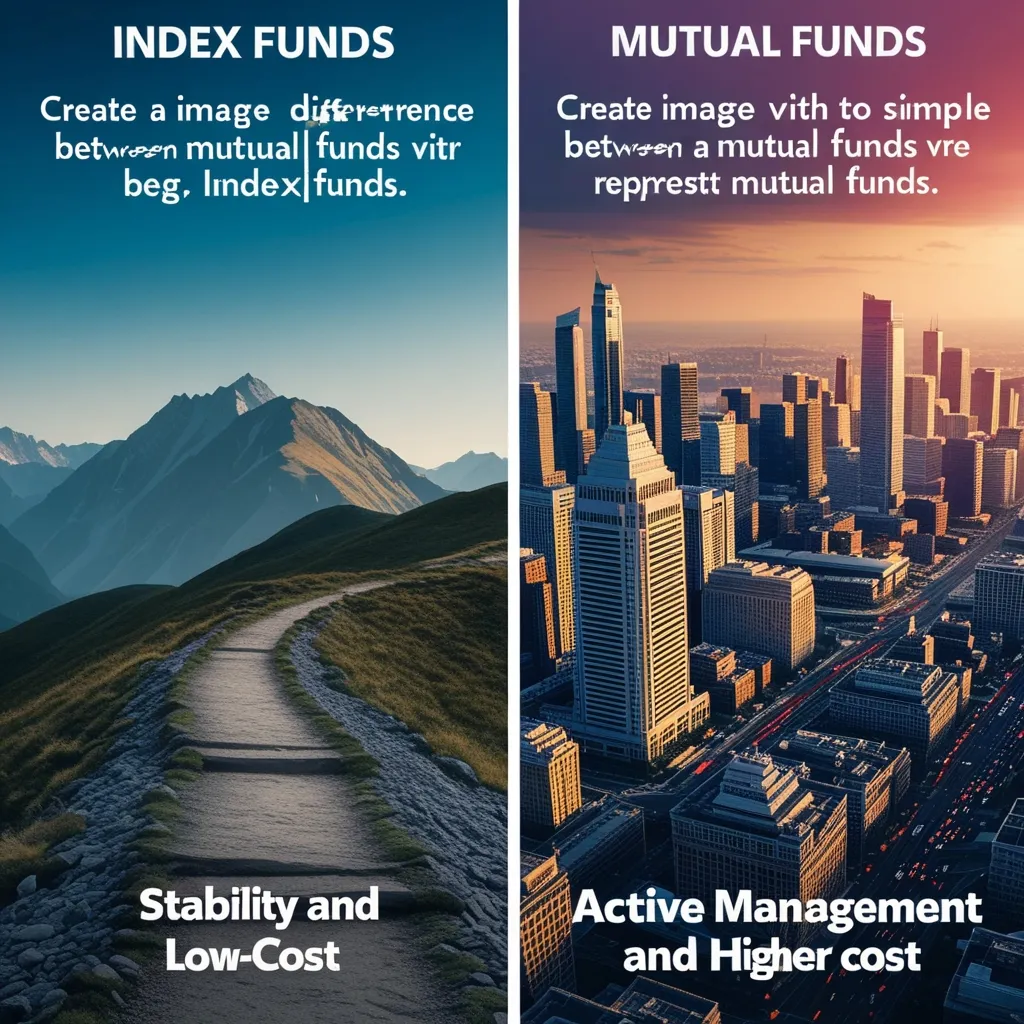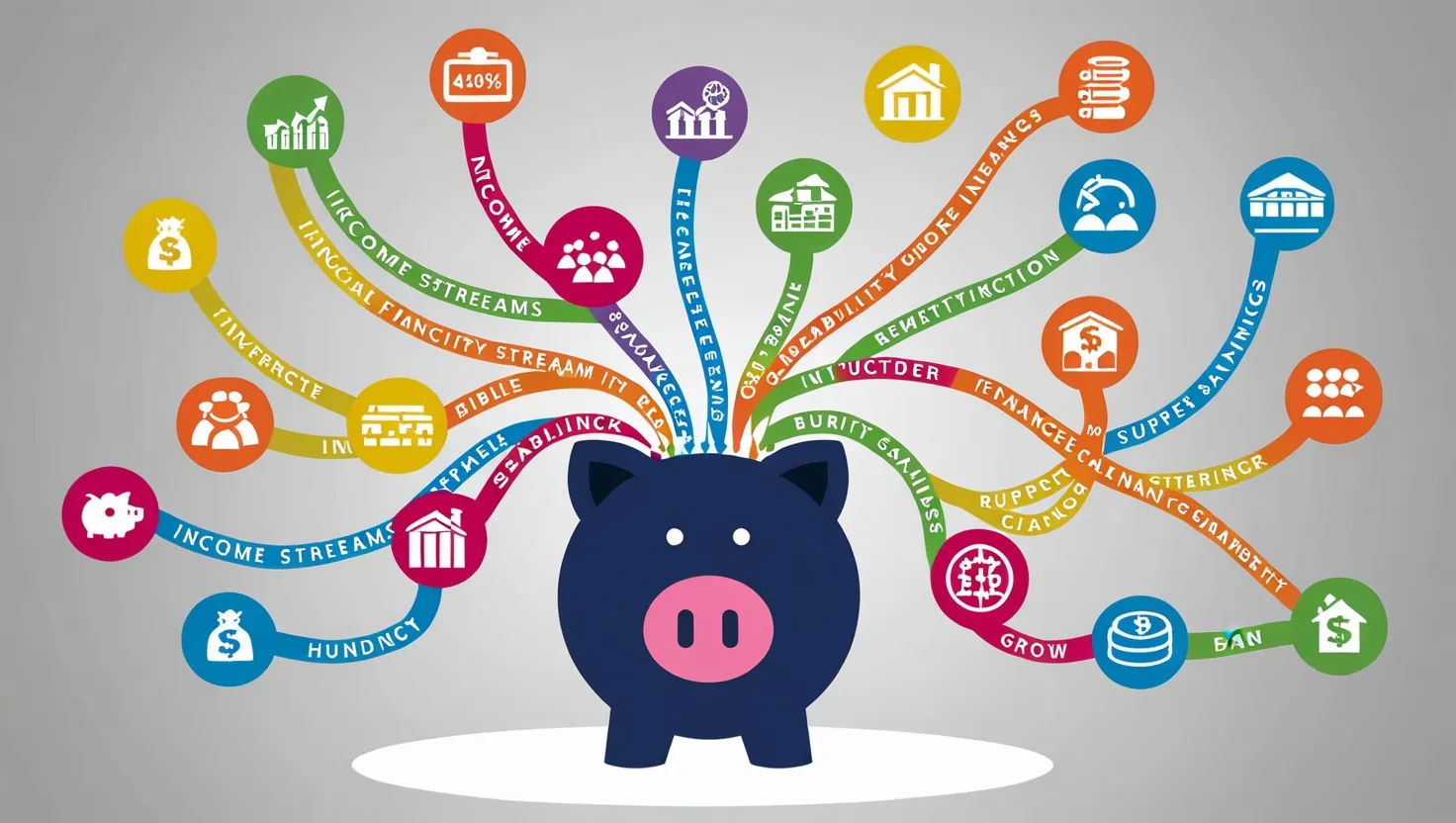Credit Scores Demystified: Why They Matter and How to Boost Them
In the whirlwind of today’s economy, credit scores are like secret handshakes that can either welcome you into the club of financial ease or leave you out in the cold. Whether it’s getting that dream home, a new set of wheels, or just renting a cozy apartment, your credit score is often the unsung hero or villain in your financial story. But what exactly is a credit score, and why does it pack such a punch?
A credit score is that three-digit number that lenders look at to size you up. It dances between 300 and 850, with higher scores showing off good credit karma. Think of it as a report card for your financial behavior. Lenders peek at this number to decide whether you’re a trustworthy borrower or a risky bet. It’s all based on your credit history—how you’ve paid your bills, how much debt you’re juggling, how long you’ve been playing this credit game, whether you’ve been opening new credit accounts like hotcakes, and how diverse your credit portfolio is.
Now, why should you care about this tiny number? Well, a good credit score can change your life. Imagine it like this: a mere 50-point difference could either save or cost you thousands of dollars in interest over your loan’s lifetime. Picture this scenario: With a FICO score of 620, you apply for a $250,000 mortgage and end up paying $161 more per month compared to someone with a 670 score. Over 30 years, that’s a stinging extra $57,842 in interest. Ouch.
But it’s not just loans. Landlords often take a peek at your score before handing you the keys to a new place. Even some employers might dig into your credit history before offering you that dream job or promotion. And don’t get started on insurance premiums—those can go up too if your score isn’t up to snuff.
So, what’s driving your credit score up or down? It boils down to five main things. First, your payment history holds 35% of the power. Make your payments on time, and you’re golden. Miss a payment or get sent to collections, and you’ll feel the burn. Next, the amounts you owe, especially your credit utilization rate, make up 30%. Keeping your balances low relative to your credit limits is key.
Then there’s the length of your credit history, which is 15% of the puzzle. The longer you’ve been using credit responsibly, the better. New credit activity—like applying for new cards or loans—accounts for 10%, as does your credit mix. Having various types of credit, like cards, a car loan, and a mortgage can actually make you look pretty good in the eyes of lenders.
So, what’s a “good” credit score? Generally, anything above 670 puts you in a good light. Scores between 670 and 739 are good, 740 to 799 are very good, and 800 and above are the elite excellent. Drop below 670, and you enter fair (580-669) or poor (300-579) territory. The higher you climb, the better terms and interest rates you’ll likely enjoy.
Building and maintaining that golden credit score doesn’t have to be a Herculean task. Start by making sure your bills get paid on time. Seriously, set reminders or automate payments if you have to. Your payment history is the biggest player here. Also, keep your credit card balances low—ideally using less than 30% of your available credit. This shows lenders you’re not just maxing out your cards irresponsibly.
Avoid closing old accounts even if you’re not using them. They give your credit history some depth and can keep your average account age healthy. Regularly check your credit report for errors because a little mistake could cost you big time. You can grab a free report each year from the major credit bureaus to keep tabs. Finally, don’t go wild with new credit applications. Space them out—three to six months between applications is a good rule of thumb.
Paying attention to your credit score doesn’t end once you hit a good number. Credit monitoring is like a fitness tracker for your credit health. There are plenty of free services where you can keep an eye on your score and get alerts if something fishy is going on. It’s the perfect way to stay proactive.
Having a good credit score isn’t just about looking good on paper. It’s about real-world advantages too. Like mentioned before, a good credit score can literally save you thousands on a mortgage. It can make moving into a new apartment simpler and even cut down your insurance costs.
Ultimately, your credit score is a powerful ally in your financial toolkit. By knowing what affects it and taking steps to nurture it, you can unlock better financial opportunities. It might seem like just a number, but a good credit score can make your financial life a lot smoother. Once you’ve built up that solid score, maintaining it is pretty straightforward. Stay on top of those payments, keep your credit utilization in check, and be careful with new credit inquiries. These habits will ensure your score stays healthy and continues to work in your favor.
At the end of the day, excelling in our current financial landscape means treating your credit score with the respect it deserves. It’s more than just getting loans; it’s about securing fantastic terms and minimal interest rates. By thoroughly understanding how credit scores work and making a concerted effort to improve and maintain them, an individual can significantly elevate their financial health and opportunities. Remember, good credit is a long-term investment in your financial future—and it all starts with those everyday habits.






